
Exciting new series on “Voice, Body and Movement for Lawyers – How to connect with the jury and find Justice Through Dramatic Technique!”
Click here to find out more
The National Labor Relations Act (NLRA) provides rights and protections to almost all of the private sector workforce, whether the employer has a union or not. Although the primary substance of the law has not changed since the 1950s, the interpretation of the law is constantly evolving. Understanding the foundations of the NLRA, the basics of the Act, how the National Labor Relation Board functions, and how unfair labor practice charges and union organizing petitions are processed is essential. Because this is not a static area of the law, being aware of the recent changes is critical. Among other things, the NLRA has significant impacts noncompete agreements, settlement and severance agreements, and handbook policies. The process by which unions are certified is also in flux. Individuals who practice in the area of employment law should be aware of NLRA’s broad reaching scope. This session will provide those fundamentals.

This session highlights the legal and compliance implications of divergences between GAAP and IFRS. ...

This presentation provides an overview of copyright law particularly as it applies to music. The pre...

This Shakespeare?inspired program illustrates how Shakespearean technique can enrich courtroom advoc...

This program explores listening as a foundational yet under-taught lawyering skill that directly imp...
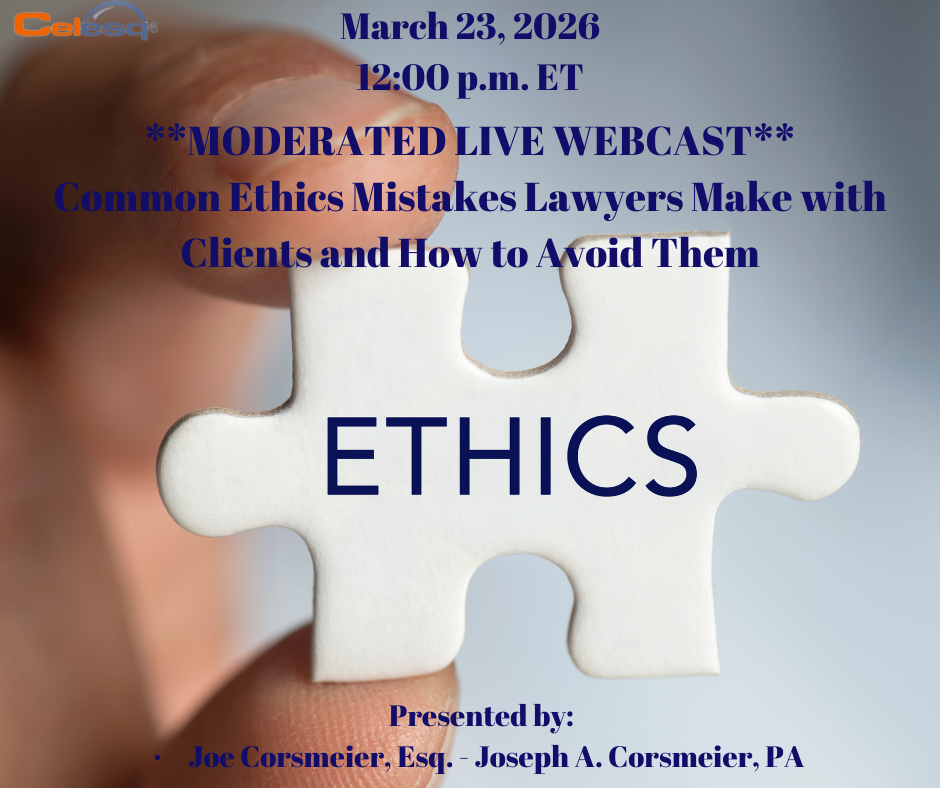
Many lawyers may not fully understand the Bar rules and ethical considerations regarding client repr...
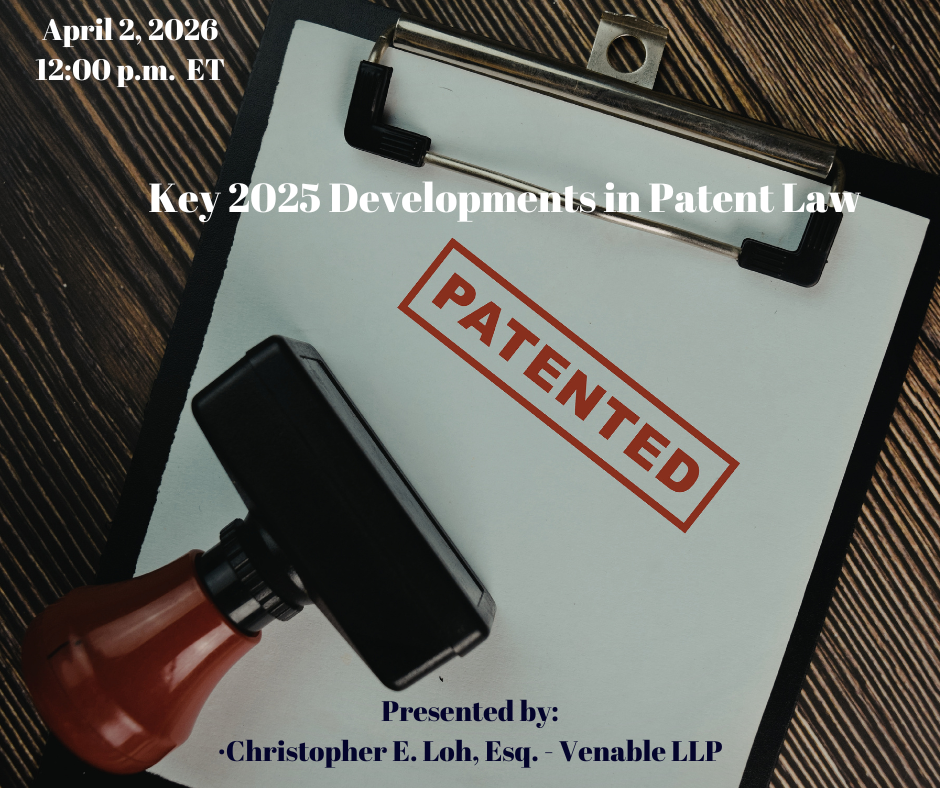
United States patent law and the United States Patent and Trademark Office’s patent-related gu...
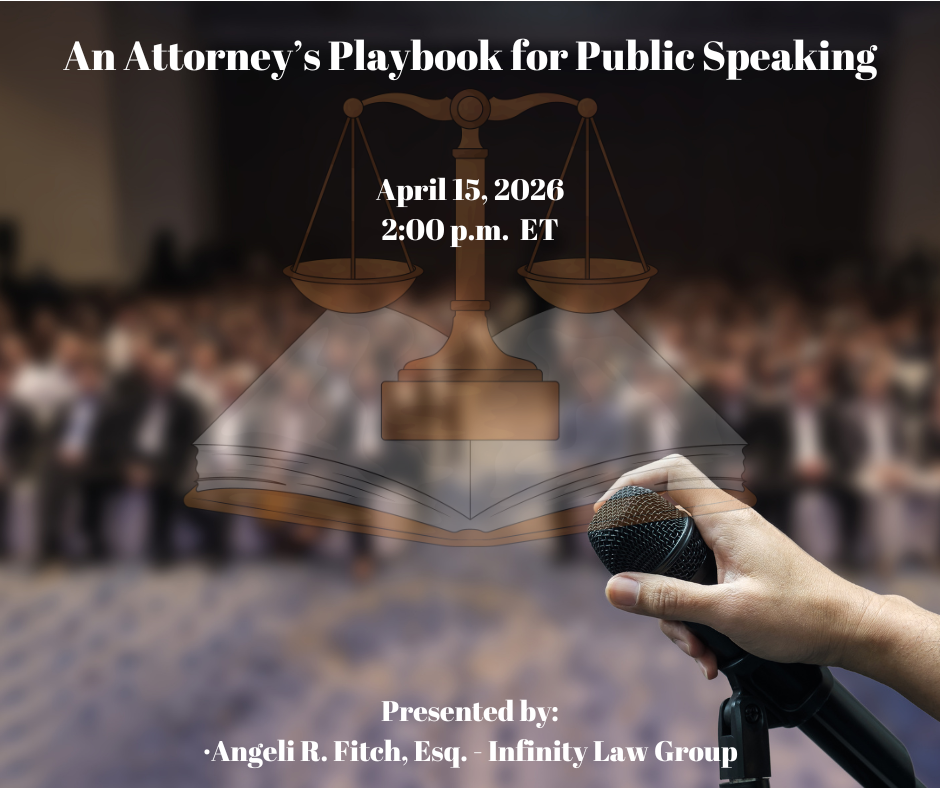
Attorneys are judged every time they speak—in client meetings, depositions, hearings, negotiat...
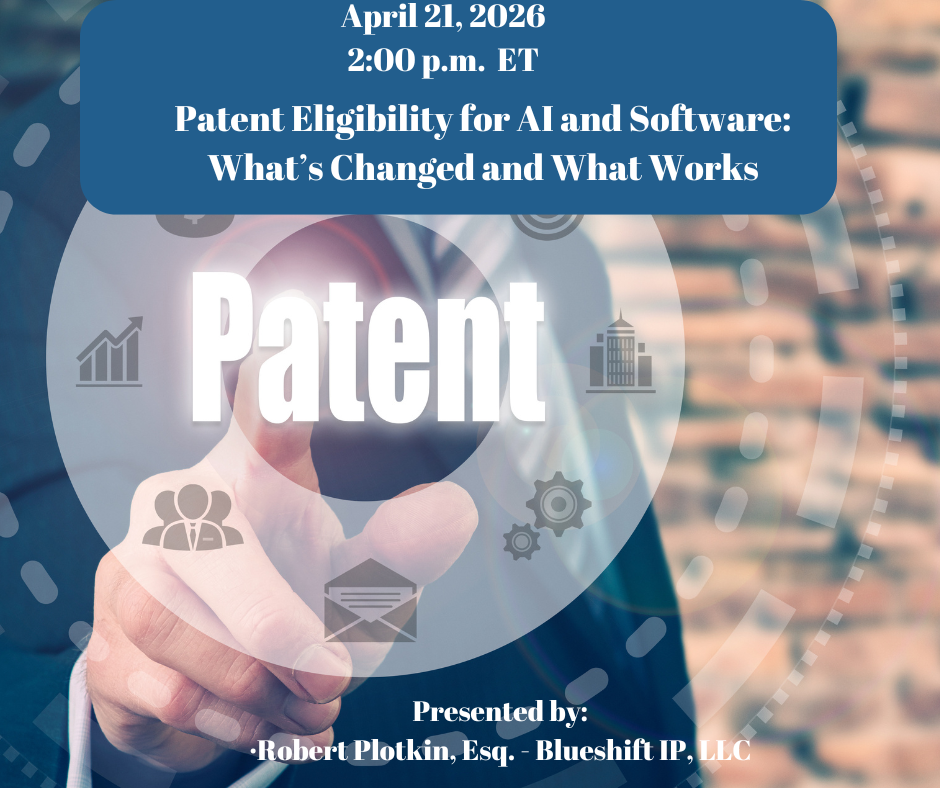
This program examines critical 2025-2026 developments in patent eligibility for software and AI inve...

This program provides a detailed examination of the Black Market Peso Exchange (BMPE), one of the mo...
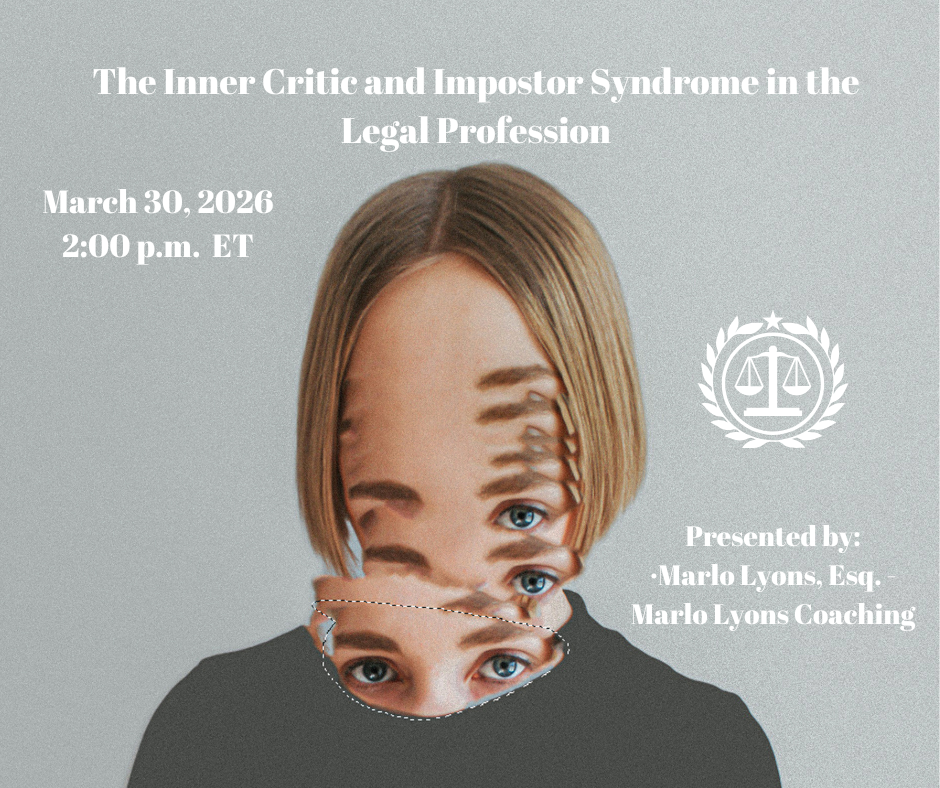
In high-stakes, high-pressure environments like the legal field, even the most accomplished professi...